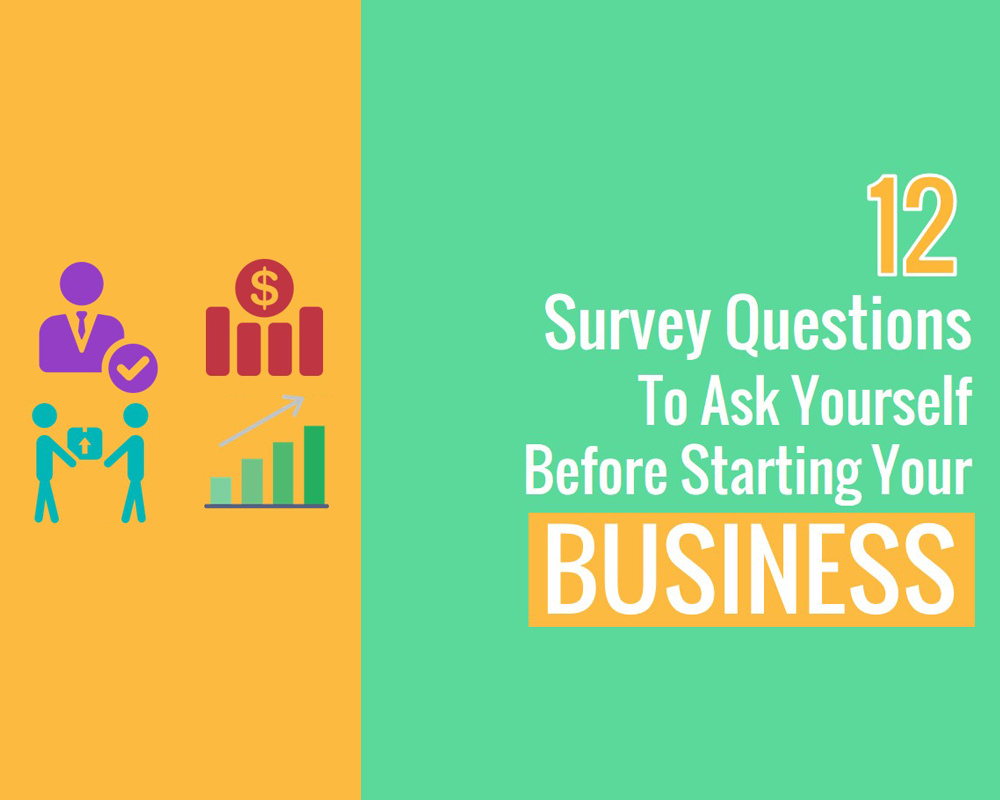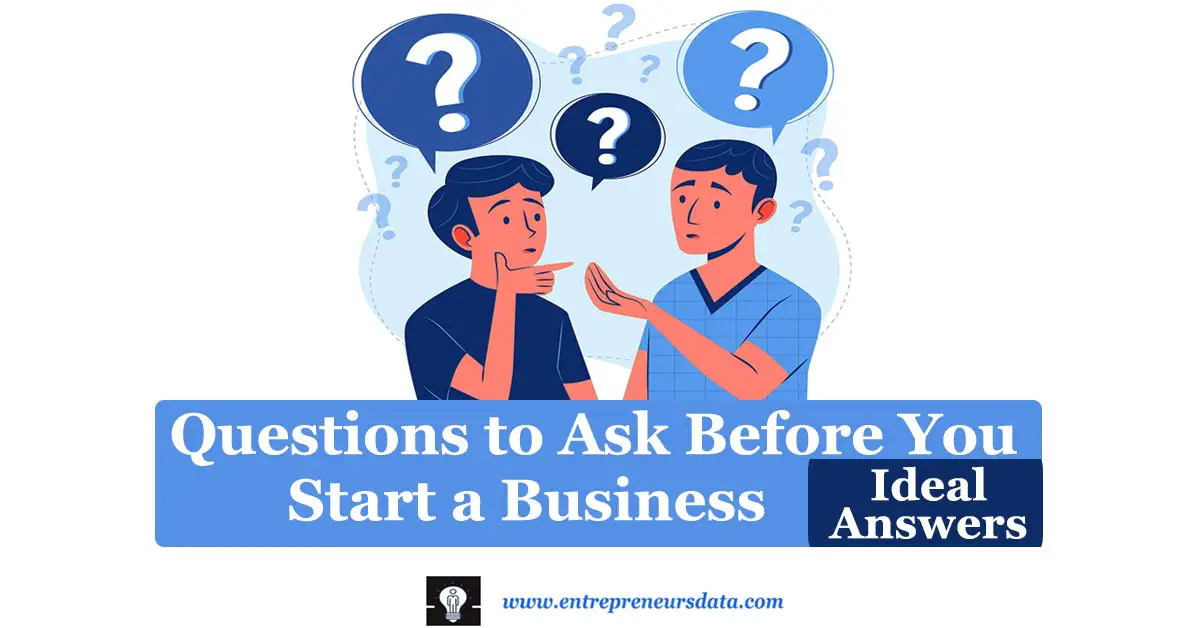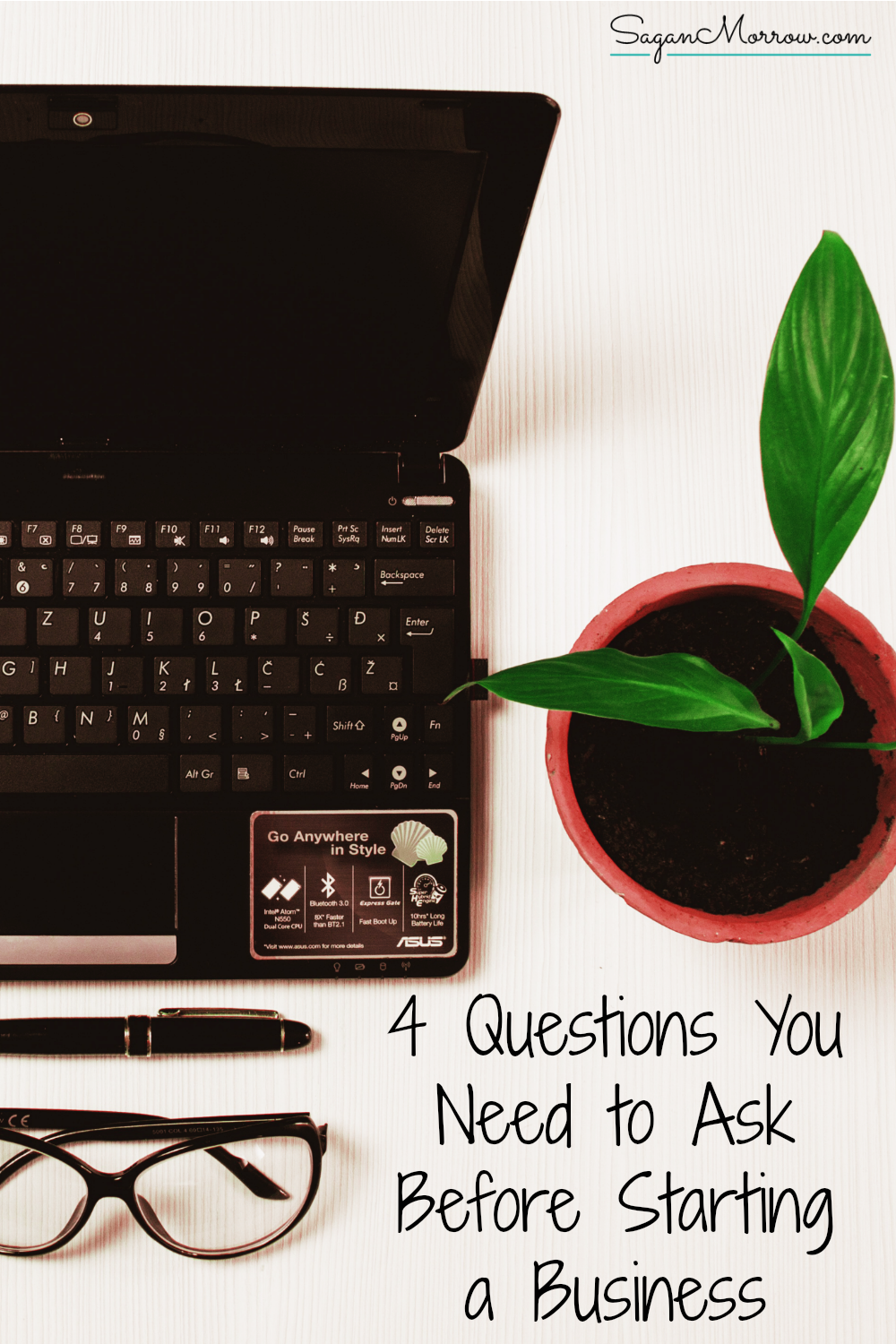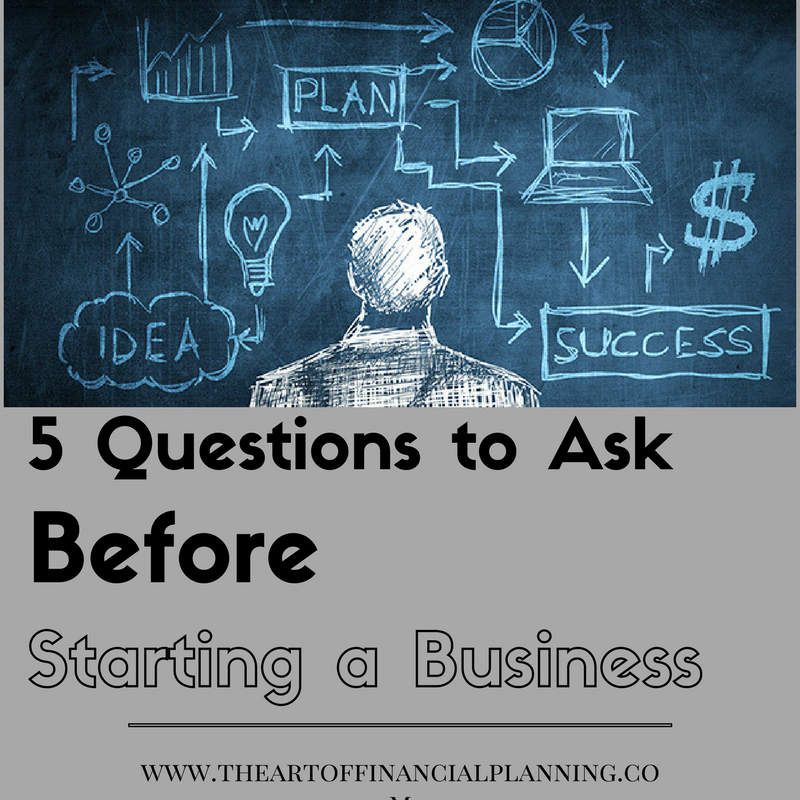Questions To Ask When Starting A Small Business
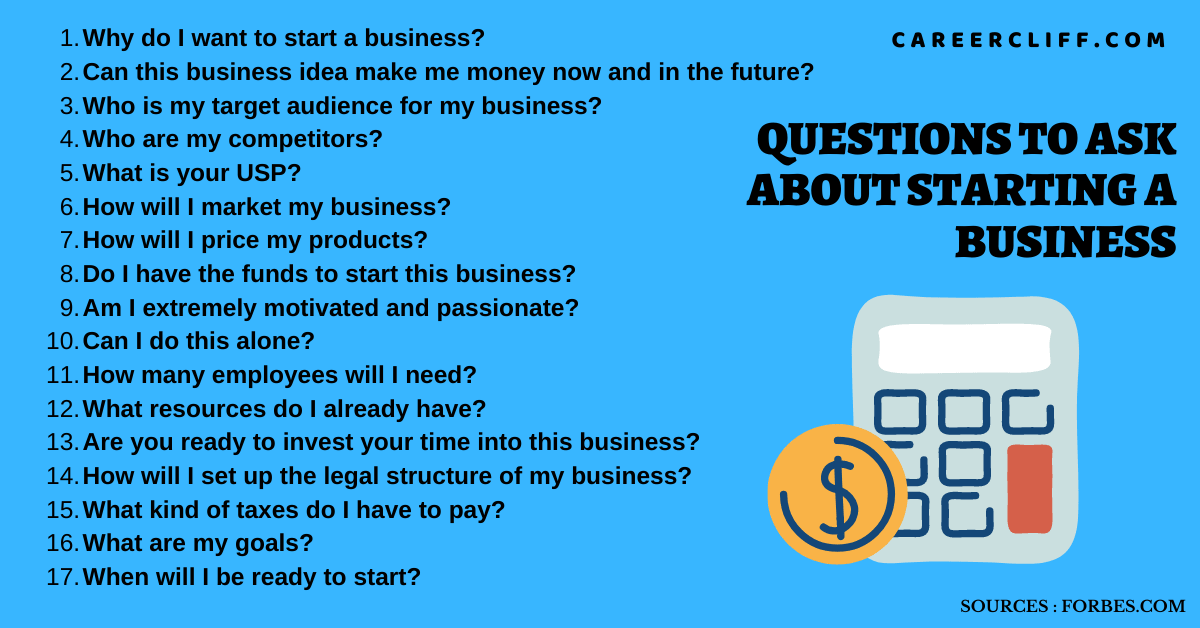
Imagine yourself standing at the edge of a vast, unexplored forest. The sunlight filters through the leaves, dappling the ground with promise. You're holding a map, not of terrain, but of dreams, a business plan sketched on a napkin. Excitement bubbles within you, but so does a healthy dose of apprehension. What lies ahead?
Starting a small business is a thrilling leap of faith, but before taking that plunge, it's crucial to equip yourself with the right questions. These aren't just logistical queries; they're the compass points that will guide you through the initial maze and set you on a path to sustainable success.
Laying the Foundation: Self-Assessment and Market Viability
The first set of questions should focus inward. "What are my strengths and weaknesses?" This isn't just about skills; it's about temperament, resilience, and risk tolerance. As the U.S. Small Business Administration (SBA) often emphasizes, self-awareness is a cornerstone of effective leadership.
Beyond personal capabilities, ask, "What problem am I solving?" A viable business addresses a real need or desire in the market. Conduct thorough market research. Don't rely on assumptions; validate your idea with data and feedback.
Consider the competition. "Who are my competitors, and what makes me different?" Identify your unique selling proposition (USP). It's what will attract customers in a crowded marketplace. "Is my idea really unique?" Think deeply before you answer.
Financial Considerations: Crunching the Numbers
Money matters are paramount. "How much capital do I need to start and sustain the business?" This includes startup costs, operating expenses, and a contingency fund for unexpected challenges.
Explore funding options. "Where will I get the funding to realize my dream?" Will it be through personal savings, loans, investors, or grants? Each avenue has its own implications.
Understand pricing. "How will I price my product or service to be competitive yet profitable?" Calculate your costs accurately and research what the market will bear.
"What is my break-even point?". Determine the volume of sales needed to cover your expenses.
Operational and Legal Framework: Building a Solid Structure
The day-to-day operations require careful planning. "What is the best legal structure for my business (sole proprietorship, LLC, corporation)?" Consult with an attorney or accountant to make an informed decision.
"How will I manage my finances, inventory, and customer relationships?" Implement systems and processes from the outset to ensure efficiency and scalability. Consider implementing a Customer Relationship Management (CRM) software.
Legal compliance is essential. "What licenses, permits, and insurance policies do I need to operate legally?" Ignoring these requirements can lead to penalties and even closure.
Marketing and Sales Strategy: Reaching Your Audience
A brilliant product or service is useless if no one knows about it. "How will I reach my target market?" Develop a comprehensive marketing strategy that includes online and offline tactics.
Consider your brand. "What is my brand identity, and how will I communicate it consistently?" A strong brand builds trust and loyalty. "What message does my brand deliver?" Think beyond color and logo.
"How will I measure the effectiveness of my marketing efforts?" Track key metrics to optimize your campaigns and maximize your return on investment.
Looking Ahead: Growth and Sustainability
Think about the long term. "What are my goals for the business in the next 1, 3, and 5 years?" Set realistic and measurable objectives to stay focused and motivated. "Where do I see myself in five years?". Make it a realistic assessment.
"How will I adapt to changing market conditions?" Businesses must be agile and adaptable to survive in a dynamic environment. "Can my business survive for the next ten years, or even twenty?" Think about that.
"What is my exit strategy?" Whether it's selling the business, passing it on to family, or closing it down, having a plan provides clarity and peace of mind.
Asking these questions is not a one-time exercise. Regularly revisit and refine your answers as your business evolves. The entrepreneurial journey is a continuous learning process, filled with challenges and rewards. By arming yourself with knowledge and a proactive mindset, you can navigate the forest of entrepreneurship with confidence and create a thriving business that fulfills your vision.




